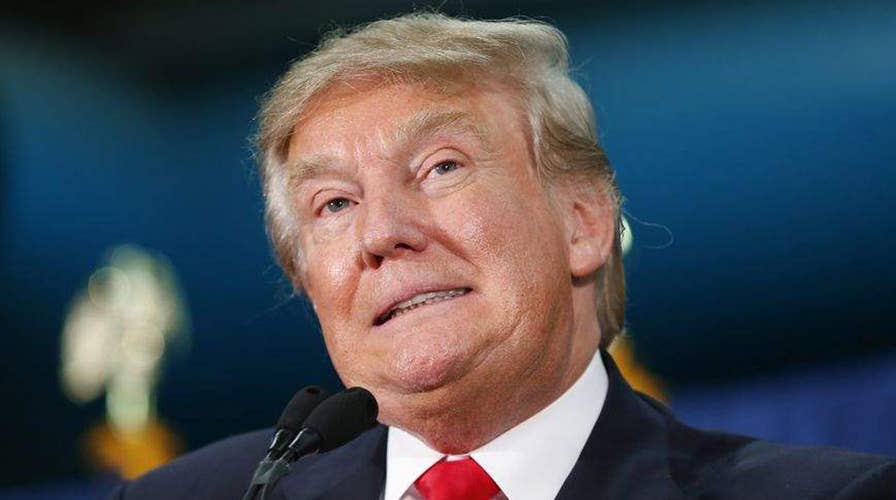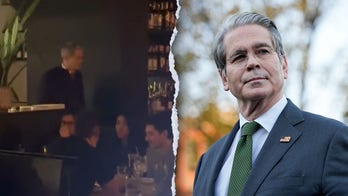The media’s disgust at President Trump for pulling out of the Paris climate deal was not subtle. In many quarters, it was on full display.
It was CNN’s Fareed Zakaria intoning: “This will be the day that the United States resigned as the leader of the free world.”
Gillian Turner, a White House national security aide in the past two administrations--who opposes the president’s decision--nonetheless said on my show yesterday that the coverage has been “crushingly negative.”
And it seems like it’s about far more than the details of the Paris agreement, which after all is a non-binding deal, or the economic impact or lack thereof on America. It’s about the journalistic conviction that Trump is pulling back from the world and plunging America into an isolationist foreign policy.
While there are some stories focused on the substance of Trump’s arguments and those of his critics, this feels way more personal.
The sheer volume of anti-Trump stories is something to behold. In addition to the main news story in the New York Times, whose lead said the president was “weakening efforts to combat global warming and embracing isolationist voices in his White House,” the paper ran these pieces:
“Making His Case, Trump Cited Dubious Data.”
“Handing Chinese a Gift: The Chance for Global Leadership.”
Same thing at the Washington Post:
“Trump’s Climate Deal Decisions Alarms Leaders Worldwide.”
“Trump’s Paris Speech Needs a Serious Fact Check.”
And that’s before we get to the opinion pages.
From the left, the Times has Paul Krugman: “Trump Gratuitously Rejects the Paris Climate Accord.”
From the right, the Times has David Brooks: “Our Disgraceful Exit from the Paris Accord.”
And for good measure, environmentalist Bill McKibben: “Trump’s Stupid and Reckless Climate Decision.”
The Post has opinion pieces from Gene Robinson (“Trump Is Abdicating All the Country’s Moral Power”) and Obama climate envoy Todd Stern (“Trump Just Betrayed the World. Now the World Will Fight Back”).
And for good measure, Politico described Trump’s decision as “a diplomatic and political slap: it was about extending a middle finger to the world.”
So what are we to make of this?
It’s a perfect storm that brings together the media’s concern about the environment, preference for international cooperation and deep skepticism about Donald Trump.
It’s certainly fair game to challenge why the U.S. is now one of three countries, along with Syria and Nicaragua, not to be part of the global agreement, just as we can question whether the 2014 deal itself was more symbolic than substantive.
But the coverage fit a pattern that is continuing with the reporting and commentary on Trump’s tweets after the terror attack at London Bridge. These are about important global issues, and about Trump’s actions, but ultimately about the president’s persona.

























